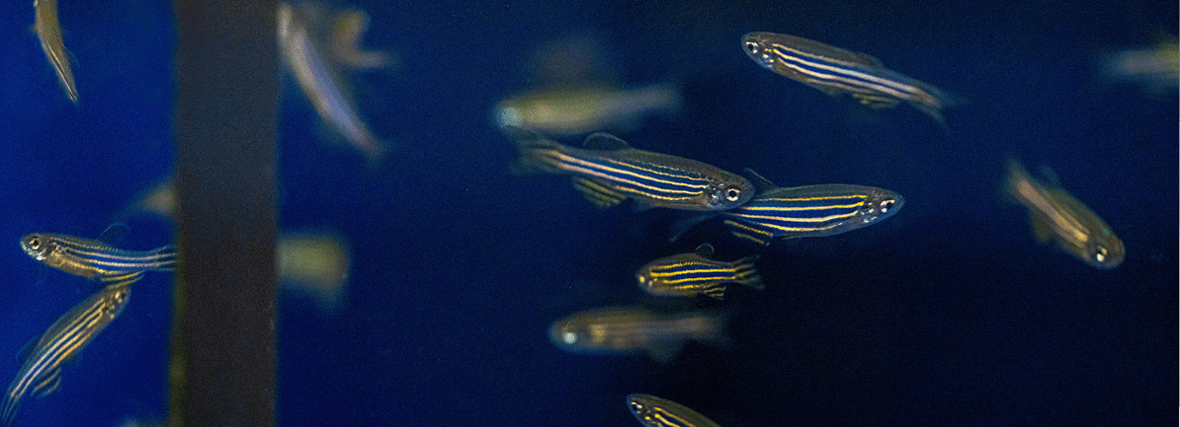Researchers at Leiden University’s Institute of Biology have discovered that zebrafish exhibit distinct personality traits—proactive and reactive—that are genetically inherited. This finding, led by Assistant Professor Christian Tudorache, offers promising avenues for developing medications targeting mental health conditions such as ADHD and depression.
In the study, zebrafish were bred over multiple generations to emphasize their inherent behavioral tendencies. Proactive fish are characterized by risk-taking and aggressive behaviors, while reactive fish display cautiousness and heightened sensitivity to stress. These consistent traits across generations underscore the heritability of personality types in zebrafish.
The research holds significant implications for human mental health. Zebrafish share genetic similarities with humans, particularly in genes associated with neurodiversity. For instance, proactive zebrafish possess genes analogous to those linked to ADHD in humans, whereas reactive fish exhibit behaviors akin to depression, such as social withdrawal and increased stress sensitivity.
By utilizing these zebrafish models, scientists can more effectively test the efficacy of drugs intended to treat ADHD, depression, and bipolar disorder, potentially accelerating the development of targeted therapies.
For more information on this study, visit the Leiden University news article.



